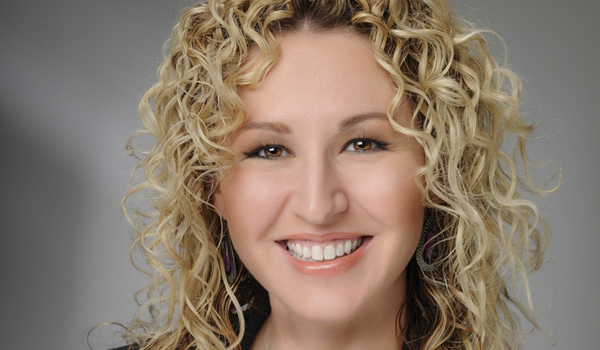More women are becoming lawyers, but they are struggling to earn positions as equity partners and shareholders at their firms.
“The real issue is that institutional obstacles have been in place that have made it very difficult for women to excel,” said Alison Christian, shareholder at Christian Dichter & Sluga.
Christian and Beth Fitch, founding member of the Righi Fitch Law Group, say women attorneys have a tough time rising to leadership positions at their firms because they lack sufficient business training. They say part of the problem is the disparity of women lawyers at the top.
Looking more in depth at the issue, Christian and Fitch believe the root of the problem is lack of mentoring. With so few women lawyers at the top, it is hard for young lawyers to find role models.
Their solution: Ladder Down.
Ladder Down, founded by Fitch and Christian, provides women with the tools they need to get ahead as lawyers. This year-long program is broken up into monthly sessions focusing on three areas: leadership empowerment, business development and mentoring.
“Focusing on all three of these pillars is critical to creating a strong foundation with which women lawyers can achieve and succeed in the legal profession,” said Marianne Trost, Ladder Down coach and career management coach at Women’s Lawyers Coach.
The program begins with large group sessions focusing on leadership and taught by experienced business coach Lynn Moran of Arizona Coaching & Consulting Center LLP. It begins with learning one’s strengths.
“Self awareness is the foundation of empowerment,” Moran said.
Along with increasing self-awareness, these sessions teach participants to improve communication skills and understand different styles of conflict resolution.
The course then transitions to a four-month business development boot camp lead by Trost. The participants meet with panels of corporate decision-makers, female judges and industry leaders to learn how they can be more effective as female attorneys.
The monthly group sessions are accompanied by accountability sessions with smaller groups that meet and set individual goals to accomplish before the next session. These sessions are designed for discussing obstacles and challenges the women are facing, as well as giving them encouragement.
“You are always a leader and a follower, we challenge them to pay it forward,” Fitch said.
This challenge addresses the problem young women lawyers are facing when they try to find a mentor.
“Several participants of the Ladder Down classes of 2013 and 2014 have paid it forward financially and in-kind in order to enable other women lawyers to participate in the program,” Trost said. “That’s one of the biggest testimonials a program can receive.”
The Ladder Down process and three pillars together teach the participants the six philosophical foundations of the program: individual empowerment, women helping other women succeed, paying it forward, promoting diversity, commitment to change and quality instruction.
“We are giving them tools that will hopefully help initiate change on an institutional level,” Christian said.
Ladder Down participants are diverse in practice areas and experience levels. Some have been practicing for less than one year, while others have been in practice for more than 20 years. There is an application process to participate and Ladder Down will start accepting applications for the 2016 program starting in mid-November.
“Our sweet spot is five- to 15-year lawyers because that is when women in private practice are looking to make their move and fulfill their potential at a law firm,” Fitch said.
The registration fee for the 2015 Ladder Down program is $675 for non-Arizona Association Of Defense Council members and $450 for members.
The program has reached more than just women in Arizona. In less than three years, the program has gone bi-coastal. Ladder Down launched in New York in September 2014 and is set to launch in Seattle this fall. The founders are hoping to continue to expand nationally, reaching more regions, cities and women.
No matter where or whom goes through the Ladder Down program, Christian wants them to walk away from the program feeling better equipped and empowered to reach whatever their definition of success might be.
From a business development standpoint, women who have completed Ladder Down have brought in new clients, successfully expanded existing relationships to other practice areas, have earned appointments to leadership roles, referred business to one another and have become effective contributors to rainmaking success, according to Ladder Down.
“I would like to see more women in leadership roles at firms,” Christian said, “and more women’s voices at the top.”
The founders believe these tools give women the training needed to successfully build a book of business and this will help them get ahead. Having a book of business leads to increased compensation, promotions and women’s ability to effectively compete for leadership positions in their firms, according to Ladder Down.
“Ladder Down can be the real vehicle for not only incremental change,” Fitch said, “but exponential change.”
WANT TO JOIN?
What: Ladder Down is dedicated to the principles of leadership empowerment, business development and mentoring for female attorneys.
When to apply: Ladder Down will accept applications for the 2016 program starting in mid-November.
Cost: $675 for non-Arizona Association Of Defense Council members and $450 for members.
Information: ladderdown.org




